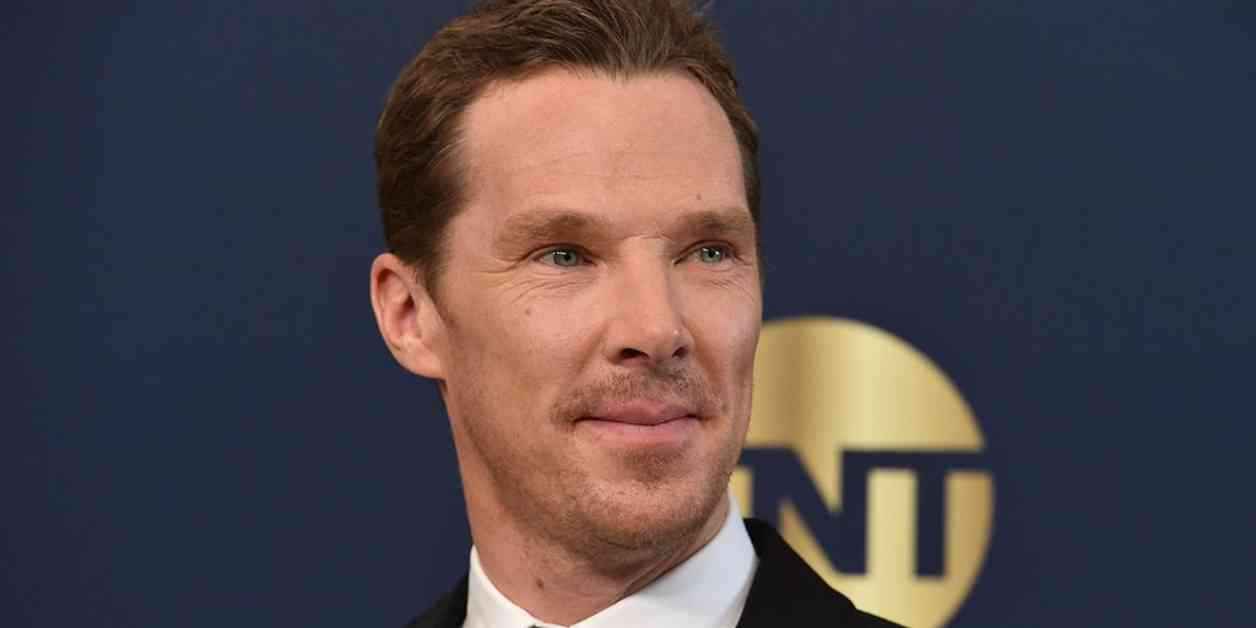Renowned Actor Benedict Cumberbatch Apologizes for Controversial Non-Binary Role
Renowned actor Benedict Cumberbatch recently opened up about his regrets regarding his portrayal of a non-binary character in the movie “Zoolander 2.” Best known for his roles as Doctor Strange in Marvel movies and Sherlock Holmes in the popular TV series “Sherlock,” Cumberbatch expressed remorse for his misstep in playing a non-binary fashion model named “All” in the 2016 comedy sequel.
In the film, Cumberbatch’s character, “All,” sports a striking androgynous appearance, sparking confusion and uncomfortable questions from the main characters played by Ben Stiller and Owen Wilson. The cringe-inducing scene unfolds as Stiller’s character asks, “So… are you, like, a male model or a female model?” to which Cumberbatch’s character responds, “All is not defined by binary constructs.”
Wilson’s character clumsily attempts to navigate the situation, saying, “That’s cool, I don’t like labels either. But I think he’s asking, ‘Do you have a hot dog or a bun? You have a wiener or a ‘vageener’?” The exchange, intended for comedic effect, ultimately drew backlash from liberal critics and the LGBTQ+ community.
Reflecting on his role in the movie, Cumberbatch candidly admitted, “I’ve had to apologize for that quite a lot. It’s a difficult one to talk about. I love that group of people and it was the chance to sort of be part of something [in Zoolander] that the first time around was iconic and I was a huge fan of. But it got complicated and it got misunderstood and I upset people. I respect that, so I probably wouldn’t do that again now.”
The controversy surrounding Cumberbatch’s portrayal led to a petition urging a boycott of “Zoolander 2” due to its offensive representation of non-binary individuals. The petition garnered significant support, with 25,000 signatures decrying the character of “All” as a caricature that perpetuated harmful stereotypes.
Critics likened Cumberbatch’s role to a modern-day form of blackface, highlighting the insensitivity and negative impact of casting a cisgender actor in a role that could have been authentically portrayed by a transgender or non-binary performer. Calls for greater inclusivity and representation in Hollywood reverberated in response to the misstep in casting.
Looking back on the controversy, Cumberbatch acknowledged the evolving standards of representation in the entertainment industry. He recognized that in today’s climate, his role as “All” would likely be portrayed by a transgender actor rather than a cisgender individual. Expressing a deeper understanding of the impact of his performance, Cumberbatch remarked, “I remember at the time not thinking of it necessarily in that regard, and it being more about two dinosaurs, two heteronormative clichés not understanding this new diverse world. But it backfired a little bit.”
As the debate surrounding representation and diversity in media continues to gain prominence, Cumberbatch’s reflection on his role in “Zoolander 2” serves as a poignant reminder of the importance of authentic and respectful portrayals of marginalized communities in popular culture. The incident underscores the need for greater awareness and sensitivity in casting decisions, signaling a shift towards more inclusive and equitable storytelling practices in the entertainment industry.
In conclusion, Benedict Cumberbatch’s candid acknowledgment of his misstep in playing a non-binary character sheds light on the complexities of representation and the evolving standards of inclusivity in Hollywood. As the entertainment landscape continues to evolve, his reflection serves as a valuable lesson in the power of authentic and respectful storytelling.

